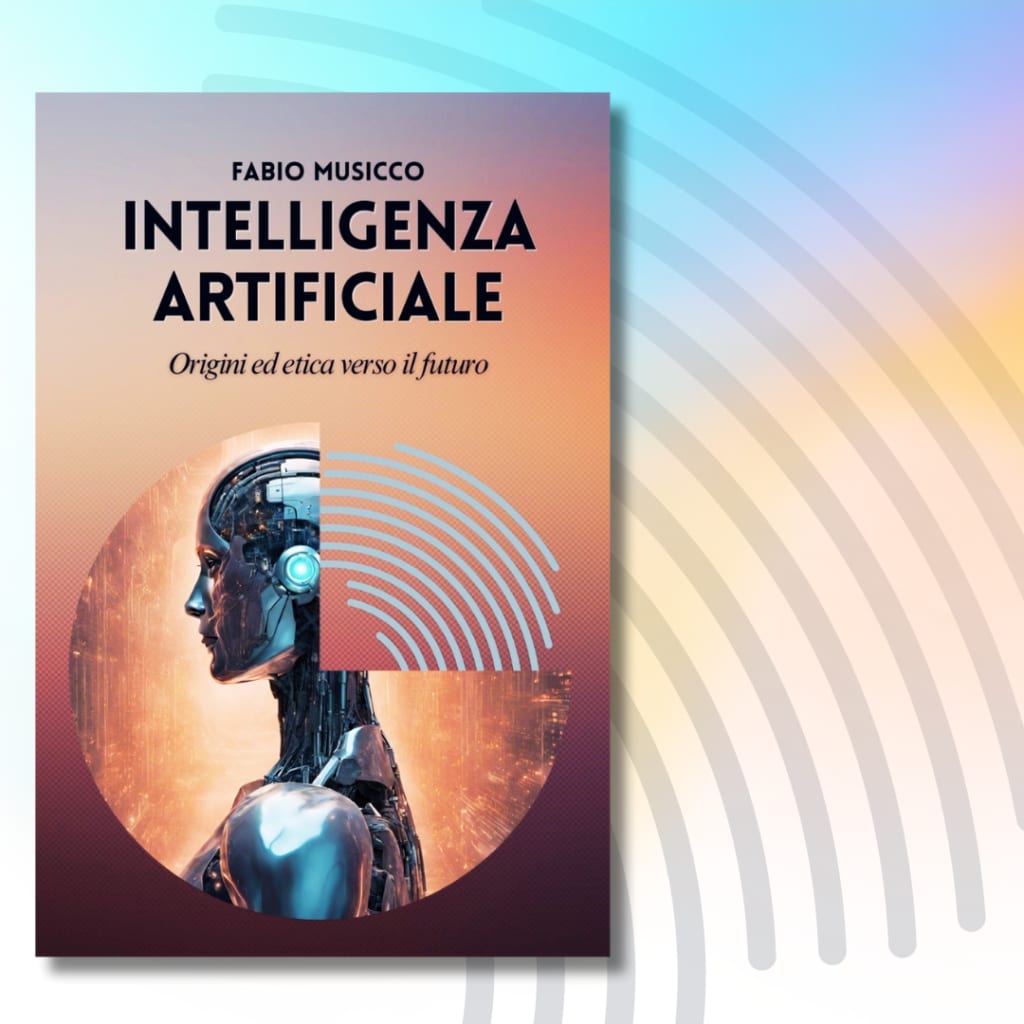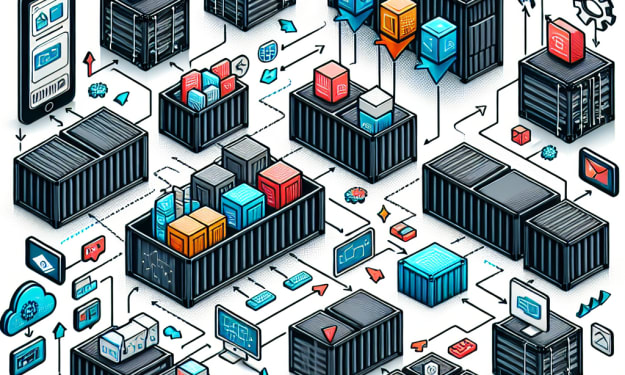Artificial intelligence and the future
In recent years, artificial intelligence is increasingly present in our lives, we use it in various activities, sometimes consciously and sometimes less so.

In recent years, artificial intelligence is increasingly present in our lives, we use it in various activities, sometimes consciously and sometimes less so. With this book, "Artificial Intelligence: Origins and Ethics Toward the Future," Fabio Musicco, author also of "Stable Diffusion AI Art" and "Perspectives on Artificial Intelligence," wanted to delve into the topic of artificial intelligence starting precisely from its origins, and then continuing the journey through its development, theories, ethical implications, and the questions or rather fears related to the future that this type of intelligence unleashes.
The discussion begins with the very concept of intelligence, traditionally associated with the ability to reason, learn and adapt, although in AI it translates into the ability of a system to process information and learn autonomously, without human intervention.
Why is this intelligence important? Have you ever asked yourself this question?
The author clarifies the definition and role of AI today, highlighting how this technology is a real tool for social but also industrial change. AI has the potential to transform industries such as medicine, finance, and education, making services more efficient but also raising issues of security and privacy.
To understand artificial intelligence, it is useful to understand how it all began, because despite what one may believe it is not a product of this century, but of the one we left behind. Another fairly crucial topic covered in the book concerns the data used to train the algorithms. Is there any security in this? Speaking then of intelligences we know that humans can go up against so-called bias in their reasoning, does this also apply to artificial intelligence? As will be discovered in the book unfortunately yes, machines are powered by the information that humans produce; therefore, they too are prone to run into bias.
Concrete examples of how these biases can lead to unfair and discriminatory decisions will be examined, while also exploring solutions currently in development to mitigate this problem. The interplay between AI and neuroscience is particularly fascinating, as it offers a glimpse into how machines might emulate or even surpass human capabilities in the future.
The author also explores the different areas of research and development that are shaping the future of AI, without neglecting the debate on ethics and identity, as well as the implications of its use in the work context, which raise no small questions about how technology is affecting our conception of work.
The book concludes with a reflection on the future of AI, where the reader is invited to consider not only the technological potential, but also the ethical responsibilities that accompany the development of such technologies.
The Power of AI: Transforming Industries
Enhanced Automation: AI-powered robots will take over repetitive tasks across industries, from production and logistics to healthcare and agriculture. This can lead to extended performance, productiveness, and probably decrease expenses.
Personalized Experiences: AI can examine extensive amounts of records to customize stories for people. Imagine instructional packages tailor-made on your learning fashion or healthcare pointers based on your particular medical profile.
Scientific Breakthroughs: AI can analyze complicated datasets and clinical research at an remarkable scale, accelerating breakthroughs in fields like medicine, substances science, and weather trade.
Smarter Infrastructure: AI can optimize site visitors float in towns, manage strength grids extra successfully, and are expecting ability infrastructure screw ups earlier than they occur.
The Challenges of AI: Ethical Considerations
Job displacement: As AI automates duties, activity losses in sure sectors are inevitable. We need to put together for body of workers transitions and reskilling initiatives.
Algorithmic Bias: AI algorithms can perpetuate present societal biases if trained on biased facts. Ensuring fairness and transparency in AI development is critical.
The Rise of Autonomous Weapons: The improvement of independent guns structures increases moral worries approximately the destiny of war and the ability for accidental outcomes.
The Black Box Problem: As AI structures come to be greater complicated, their choice-making strategies can come to be opaque. Understanding how AI arrives at its conclusions is vital for making sure trust and responsibility.
The future of AI is vast and holds enormous potential to enhance our lives. By proactively addressing the demanding situations and fostering responsible development, we can make certain that AI turns into a pressure for good, shaping a brighter destiny for all.
About the Creator
Enjoyed the story? Support the Creator.
Subscribe for free to receive all their stories in your feed. You could also pledge your support or give them a one-off tip, letting them know you appreciate their work.





Comments
There are no comments for this story
Be the first to respond and start the conversation.